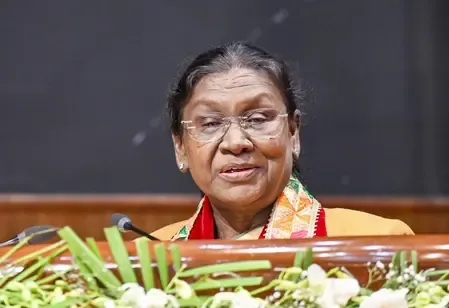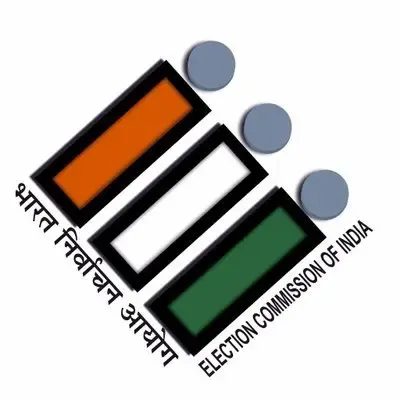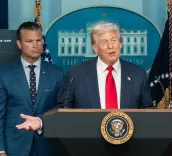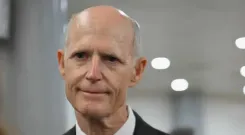How can India achieve affordable and sustainable energy security?
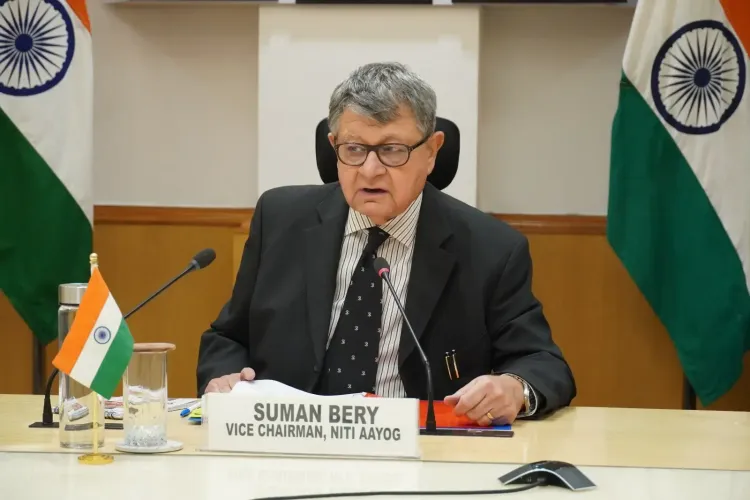
Synopsis
Key Takeaways
- Energy security requires a balanced approach involving public and private sectors.
- Affordability of energy is crucial to prevent economic setbacks.
- India must diversify supply sources and technologies to enhance resilience.
- Global partnerships are key to navigating energy challenges.
- Commitment to sustainability is reflected in international initiatives.
New Delhi, Nov 13 (NationPress) NITI Aayog Vice Chairman Suman Bery stated on Thursday that India's vision of Viksit Bharat extends beyond mere economic growth—it aims to establish a developed and inclusive society founded on accessible and sustainable energy.
At the CII’s energy security conference, Bery remarked, “Energy security encompasses more than just supply assurance; it is also about affordability, diversification, and resilience. The future will not rely solely on breakthrough technologies but on the widespread adoption of existing technologies like solar, hydrogen, and other renewables that are made affordable and accessible.”
He emphasized the need for a careful reexamination of India’s energy market structure, particularly in hydrocarbons, noting that a balanced combination of public and private sector involvement is vital for achieving energy efficiency, resilience, and innovation.
Bery asserted that India’s commitment to global climate objectives is driven by conviction rather than obligation, highlighting the importance of finding a balance between environmental goals and domestic affordability and industrial competitiveness.
He pointed out that energy security poses both diplomatic and structural challenges today. “In an unpredictable energy market, ensuring our energy security means safeguarding our choices against the actions of others,” he explained.
While acknowledging the government's success in enhancing electricity access, Bery stressed that energy affordability must remain a priority to avoid being ensnared in a high-cost energy system.
“The lessons learned from national and resource security in the late 2000s indicate that owning foreign resources doesn’t automatically equate to energy security.”
He suggested that India should concentrate on diversifying its supply sources, technologies, and ownership models to bolster resilience.
Furthermore, he noted that energy security should not be narrowly defined as mere supply assurance; rather, it should encompass an integrated policy framework that protects both the economy and consumers from market volatility, geopolitical disruptions, and escalating system costs.
“The true measure of our energy system will be our ability to scale new technologies without erecting price barriers to growth,” he concluded.
Piyush Gangadhar, joint secretary at the Ministry of External Affairs, discussed the global aspects of energy security, emphasizing the intricate relationship between geopolitics, trade, and technology. He raised the critical question of how to maintain energy security in an unpredictable landscape.
Gangadhar noted that emerging trade policies, including the EU Carbon Border Adjustment Mechanism (CBAM), are transforming global energy markets and shaping investment trends.
“India's strategy for energy security is multifaceted, involving diversification of supply sources, strategic investments, and global partnerships,” he stated.
“We have established new supply relationships with the US, Africa, and Latin America, while actively seeking innovative ways to secure vital resources.”
He highlighted that self-sufficiency in the energy sector should be grounded in openness, cooperation, and strategic foresight.
“India’s leadership in initiatives such as the International Solar Alliance, the Global Biofuels Alliance, and new supply-chain collaborations under frameworks like the Quad signifies our commitment to sustainable growth and international cooperation,” he remarked.
Additionally, he mentioned India’s pursuit of full membership in the International Energy Agency (IEA) to enhance its influence in shaping global energy market discussions.


